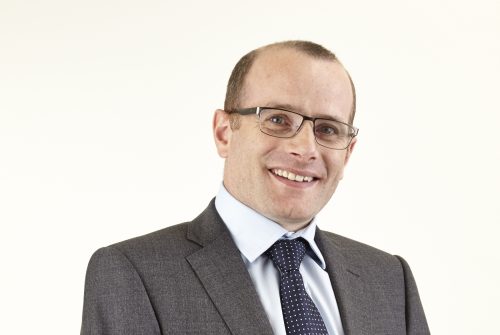Cryptocurrency: the unpaid tax bill HMRC is waiting to cash in

As Bitcoin nears its 10th anniversary, billions will have been made and lost by speculators and investors. However, many who have invested will have failed to declare any profits made to HMRC.
Paul Bricknell, tax partner for Manchester commercial law firm Kuits, warns that companies and individuals need to seriously consider registering to disclose their profits to HMRC in advance of its Requirement to Correct deadline on 30 September 2018, if they haven’t yet done so.
The landscape of cryptocurrency has substantially evolved in the last four years.
While revenue law and regulation has failed to keep pace with this, undisclosed taxable profits on cryptocurrency are now clearly in HMRC’s sights.
In view of this, any company or person who has profited from the investment in cryptocurrencies and not declared the profits in their tax return should now consider making a disclosure to HMRC.
How will HMRC know what profits I’ve made by investing in cryptocurrency?
Many investors may think that the nature of cryptocurrencies is such that HMRC will never find out about the profit made and choose not to disclose, but this thought process is flawed for a number of reasons:
HMRC has significant powers to acquire information concerning UK taxpayers from a range of sources, including those jurisdictions in which the most popular cryptocurrency exchanges are based.
Profits made within cryptocurrency will need to be extracted at some point and any bank receiving unusual payments from a cryptocurrency platform may report such payments to HMRC.
HMRC now have the power, under Unexplained Wealth Orders (UWOs), to require individuals to explain the source of their wealth. Accordingly, if wealth is generated via cryptocurrencies, this will be difficult to extract and spend without raising HMRC’s suspicion.
Why should I disclose my profits now?
Investors could, of course, choose to wait until HMRC catch up with them, rather than coming forward voluntarily. However, having advised hundreds of clients on tax disclosures and investigations, in our experience this could lead to the following problems:
A greater risk of criminal prosecution for tax evasion: HMRC look much more favourably on individuals who voluntarily come forward to declare unpaid taxes than those they have to investigate.
Penalties of up to 200% of the tax due: a stricter penalty regime will apply.
Your reputation: there is a risk that HMRC will ‘name and shame’ tax defaulters and this risk is substantially enhanced in cases which HMRC launch themselves.
The invasive nature and cost of a tax enquiry: this can include HMRC contacting trading partners, banks and other third parties, whereas under voluntary disclosure HMRC will permit taxpayers to compile their own disclosure report and tax computations.
What do I do now?
If you are uncertain about your current position, you should seek legal advice as to your options and the best route to disclosure. While it is unlikely that you will be able to complete the full disclosure process by 30 September, registering to disclose your profits before this date will give you an additional 90 days’ time to produce your report together with professional advisors.
The benefit of legal advice is that it is covered by what is known as legal privilege. Unlike other professionals, solicitors are not obliged to report their clients to HMRC when giving advice about disclosure of tax irregularities. This can give you the peace of mind of getting the right advice before deciding what steps to take.
For advice under privilege on tax disclosures involving cryptocurrencies or other tax irregularities, contact Paul Bricknell on 0161 838 7860 or click here.









